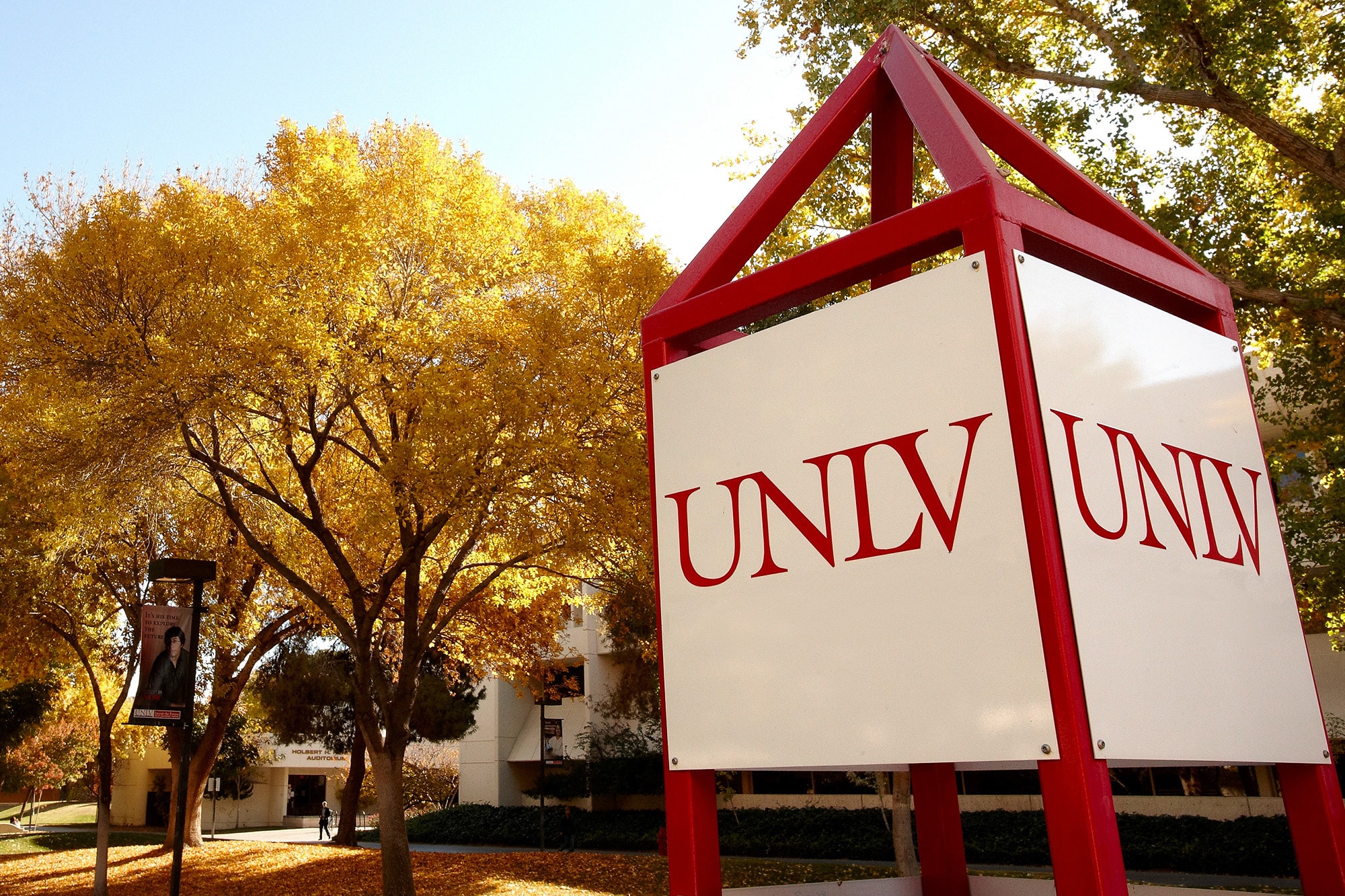Forget the "huff and puff and I'll blow your house down" routine. Building with straw bales is the latest trend in environment-friendly construction. And in keeping with our frontier spirit, Southern Nevada is joining the straw-bale revolution. Through a grant from the State of Nevada Office of Energy, UNLV's Environmental Studies Program and Nevada Power have joined forces to present a three-day workshop detailing the step-by-step process of building with bales.
Scheduled for March 15-17 at Nevada Power's West Sahara Office, the program is intended for developers and owner-builders who are interested in energy-efficient, non-traditional building methods.
The workshop leader, David Eisenberg, is co-author of the popular book "The Straw Bale House." Participants in the hands-on workshop will help build a 12-foot-square straw-bale demonstration structure on the Nevada Power parking lot throughout the weekend.
"This partnership between UNLV and the community is an excellent example of the attempts we are making to shift practices in Southern Nevada toward things than make environmental sense -- to more sustainable practices," Professor James Deacon, director of the Environmental Studies Program, said.
Two students in the program are helping organize the workshop, with advice from a faculty member. Allie Smith is assisting with seminar coordination, and Darlene Cartier is developing a comprehensive bibliography of the available literature on straw-bale construction.
Why is straw-bale construction so popular?
1. Bales are inexpensive (straw is a useless agricultural bi-product).
2. Bales are an incredible insulator--better than anything on the market.
3. Bales resist fire, pests, and earthquakes.
4. Bales are easy to stack and secure, reviving the tradition of the group "wall-raising."
More than 150 straw-bale homes exist in the U.S. with hundreds more on the drawing board, especially in the Southwest.
The $125-per-person registration fee for the workshop includes a 200-page "Straw-Bale Construction" workbook, refreshments, and lunches. Registration is limited to 35 persons; early registration is encouraged. For more information, call the workshop coordinator, Jan McAdams, 598-5090, or 895-4440.


